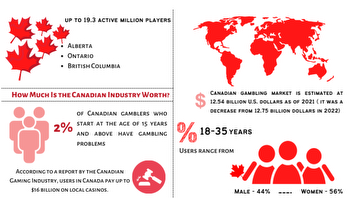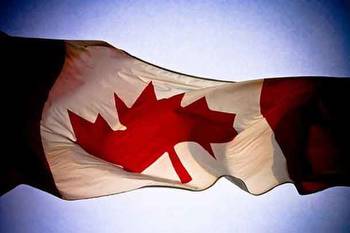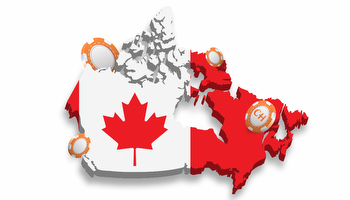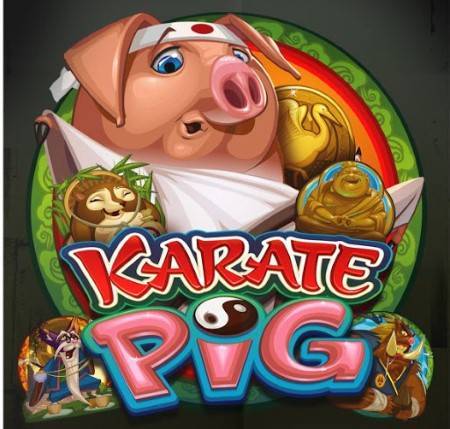Over 60 Percent of Canadians Engage in Online Gambling
It’s no secret that in recent years, online gambling has become a popular pastime in Canada, as in many other parts of the world. The rise of online casinos and sportsbooks has made gambling more accessible to all Canadians, especially those who live outside of major cities and far from the nearest brick-and-mortar casino.
While it’s certainly possible to visit a real-life casino in many parts of Canada, there’s no doubt that online gambling has been a driver in the increase in gambling within the country. According to statistics published by Ipsos, around 60% of Canadians engage in some form of online gambling.
Is gambling legal in Canada?
Gambling has been legal in Canada for many years now, though it gained its legal status step-by-step. It was banned throughout Canada until 1969 and was initially only allowed for specific events such as lotteries and horse racing, with casinos remaining illegal until 1985.
As is the case with many aspects of daily life, gambling is now dealt with by provincial governments, which are responsible for controlling and managing the way that gambling is carried out. This has led to a slightly different situation in each province. This includes the licensing of casinos and sportsbooks, both online and off, with only a very few restrictions imposed by federal government.
In practice, this means that gambling is now legal, and common, throughout the country, but with strict regulations in place, which differ slightly by region. Those wanting to play online casino games in Canada will generally find themselves subject to proof of identity, proof of address and age checks. This is to prevent fraud, money laundering and underage gambling (the legal age to gamble in most of Canada is 19, though Quebec, Alberta and Manitoba allow gambling at 18).
What types of gambling do Canadians engage in?
Of the millions of Canadians who currently indulge in some form of gambling, the majority of them do at least some of it online. Around 56% of Canadian men and 43% of Canadian women say that they have gambled online at least once. Gambling participation is spread fairly evenly across most regions, though there are certainly some variations. Ontario and British Columbia have a gambling rate of 79% and 74% respectively, while the Atlantic provinces have a rate of around 63%.
Canadians indulge in numerous types of gambling. They are likely to participate in lotteries, scratch card purchases, bingo and video lottery terminals (VLTs), as well as slot machines, other casino games and sports bets. Some Canadians may confine their gambling to the occasional online sweepstake game or charity raffle, and may buy a lottery ticket from time to time.
Motivations for gambling in Canada are also pretty varied, with ‘profit’ or ‘winning’ not always being the primary motivator. Canadians state that they may be more likely to see playing casino games or having a flutter on the horse races as entertainment, rather than thinking in terms of winning money. What’s more, they usually buy raffle tickets, for example, as part of a charity event where the proceeds are going to a good cause, and the many Canadians partaking in bingo games state that their motivation is social rather than financial.
Is gambling a problem for Canadian citizens?
With more than half the population indulging in a type of behaviour that can, in some cases, be problematic, many people might think that there is cause for concern. However, a closer look at the details shows that problem gambling isn’t the norm among Canadian gamblers.
The above stats indicate that most people in Canada have a wide and reasonably healthy variety of motivations for gambling, including spending time with friends and donating to charity. What’s more, one report suggests that the average Canadian spends just $6.75 a month on gambling and gaming, implying a fairly small, and probably in many cases occasional, flirtation with gambling. Just 3% of Canadians say that they spend over $100 per month on gambling, with 43% claiming to spend between $1 and $20 per month.
This suggests a culture where a lot of people gamble in a fairly modest and mostly unproblematic way. There’s no doubt that there are Canadians with a gambling problem, just like there are people in most other countries with a problem, but the statistics indicate that they would be very much in the minority.
What’s more, Canada is better set up than many other countries to help those with gambling issues. The Canada Safety Council offers resources for citizens who may have a gambling addiction, and individual provinces and territories offer telephone helplines and other resources. The Canadian Centre for Addiction and Mental Health (CAMH) offers free treatments, including counselling, to anyone in Ontario affected by gambling, including the partners and family members of those suffering from or recovering from gambling addiction.
Are Canadians gambling mostly online?
As we’ve already mentioned, gambling in Canada tends to take place across a few different categories, and not all of it is online. There is no typical Canadian gambler, but it’s fair to say that many Canadian ‘gamblers’ are playing bingo with friends or buying raffle tickets at a charity event.
There are, however, plenty of online casinos and sportsbooks operating in Canada and plenty of online gambling going on. The majority of people who report that they have gambled have done so online.
Canada is now one of the top 10 online gambling markets. The online gambling market in Canada is worth over $1bn, so it is not insignificant, but is behind the other major gambling countries in terms of the amount spent overall. Only time will tell what the future has in store for online gambling trends in Canada, but it’s likely that the figures will continue to increase.




































